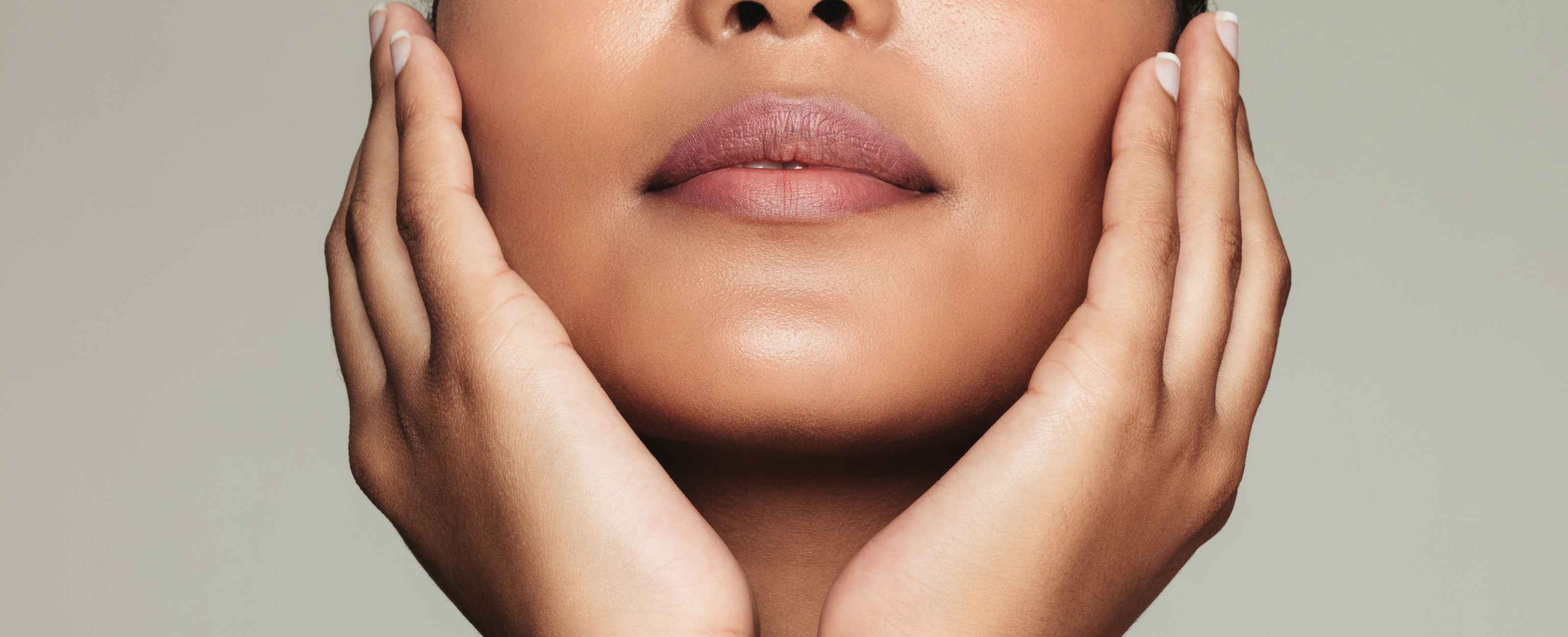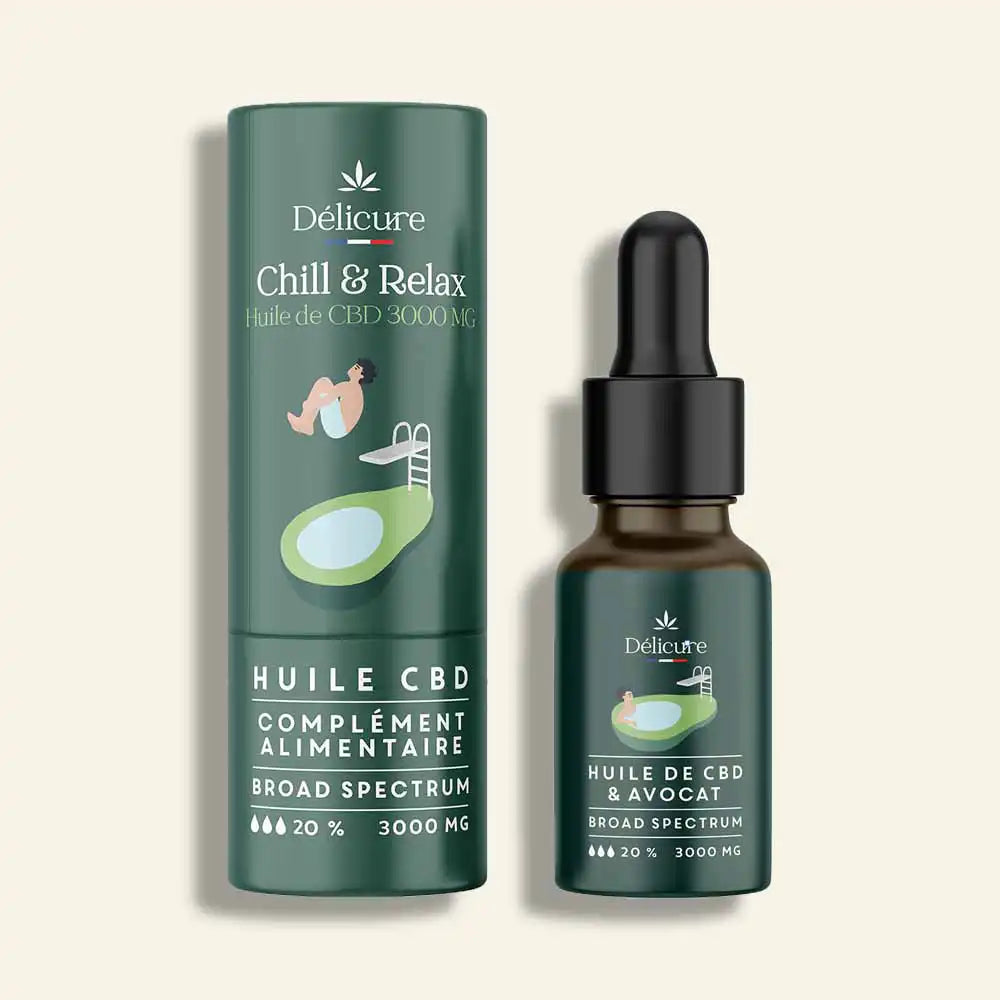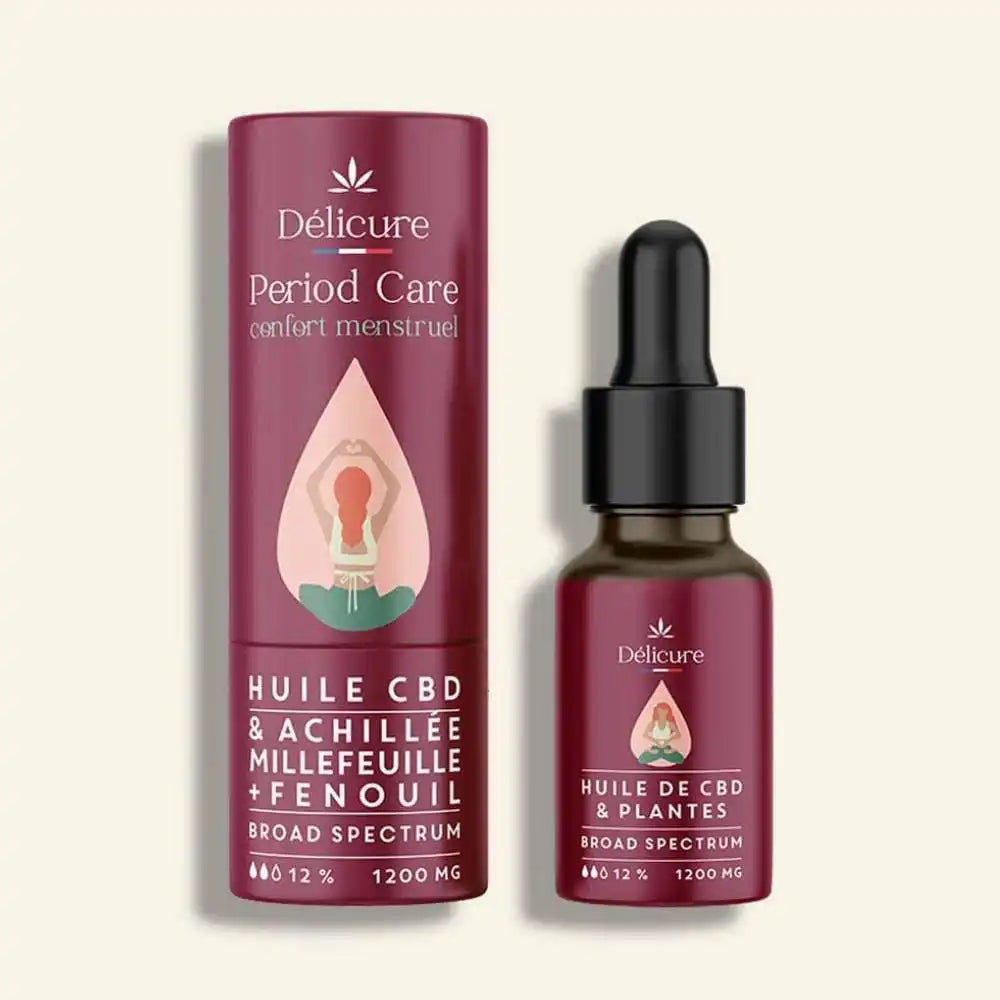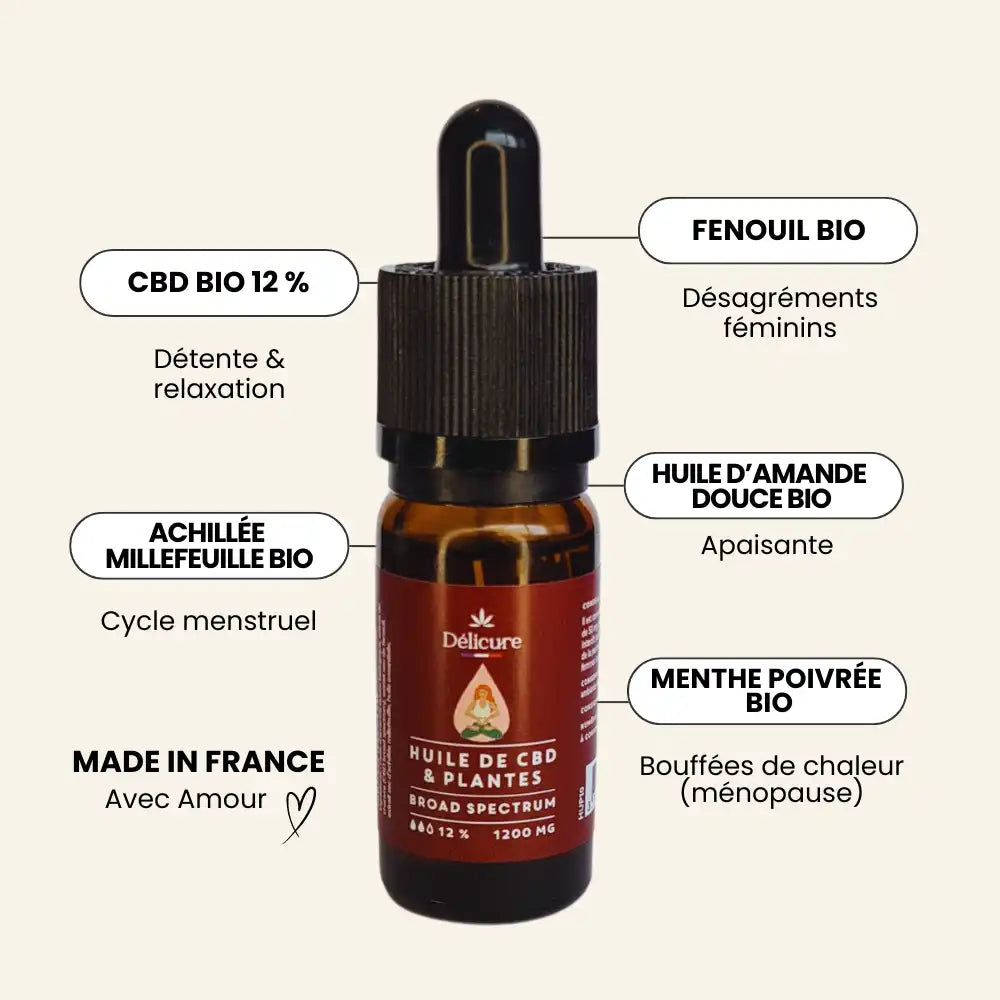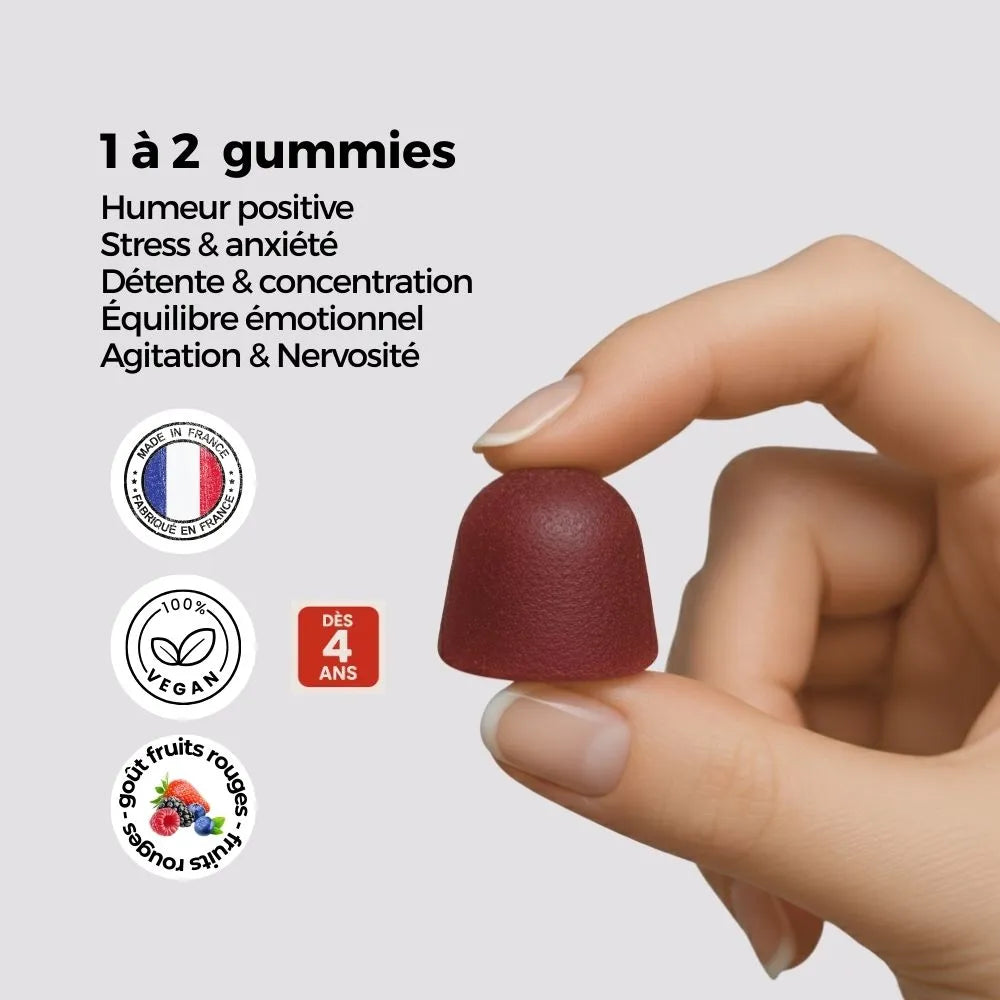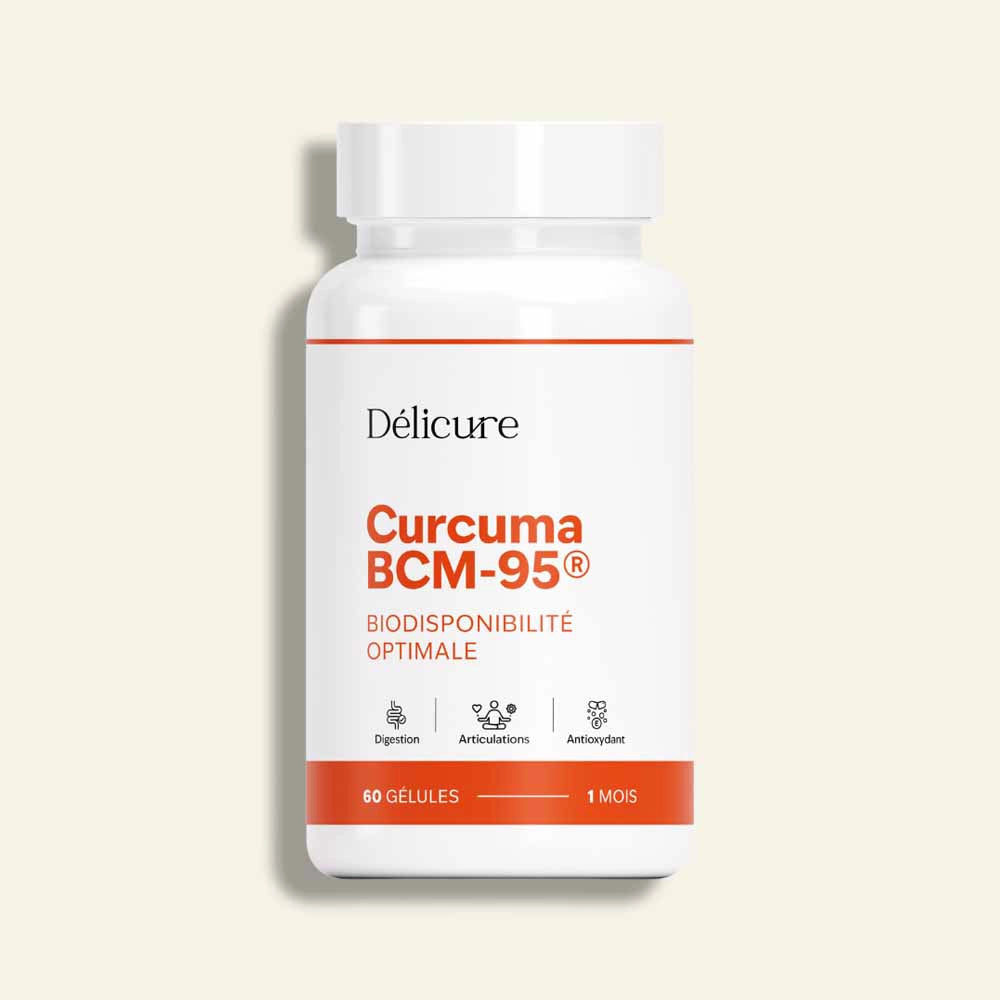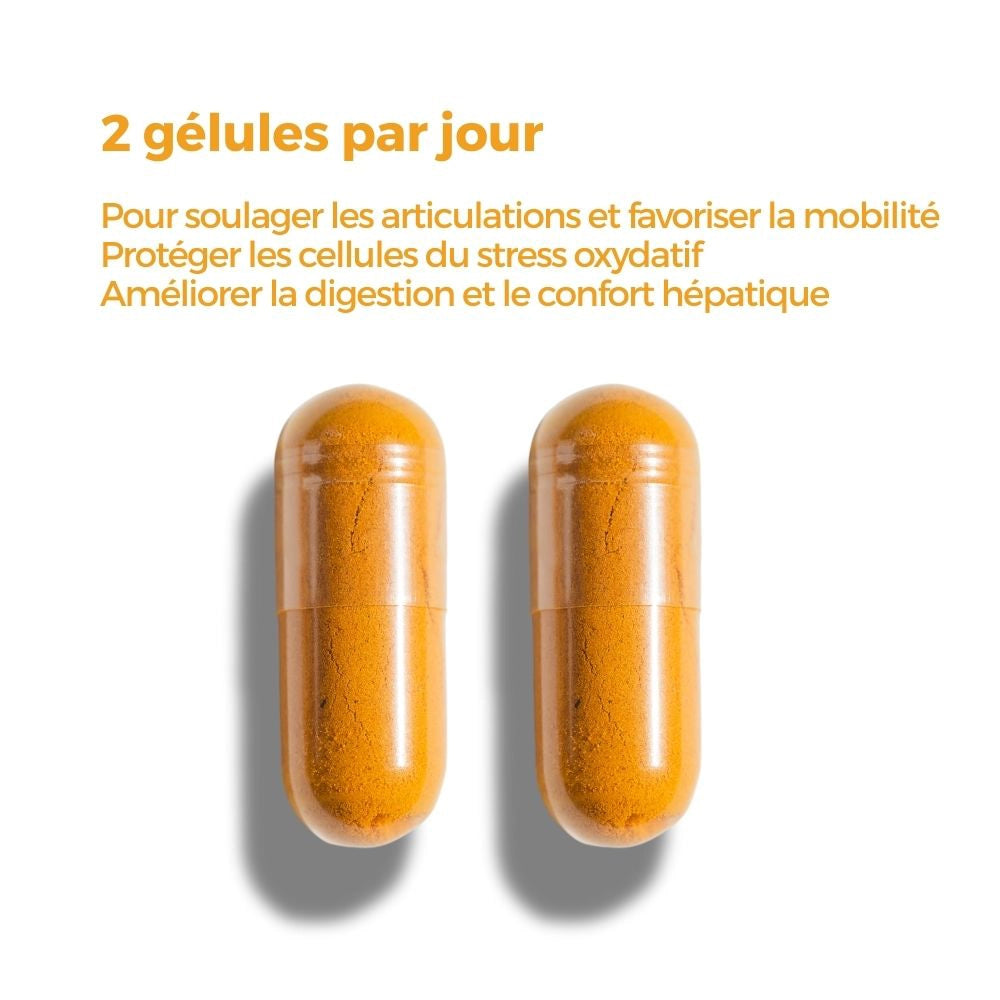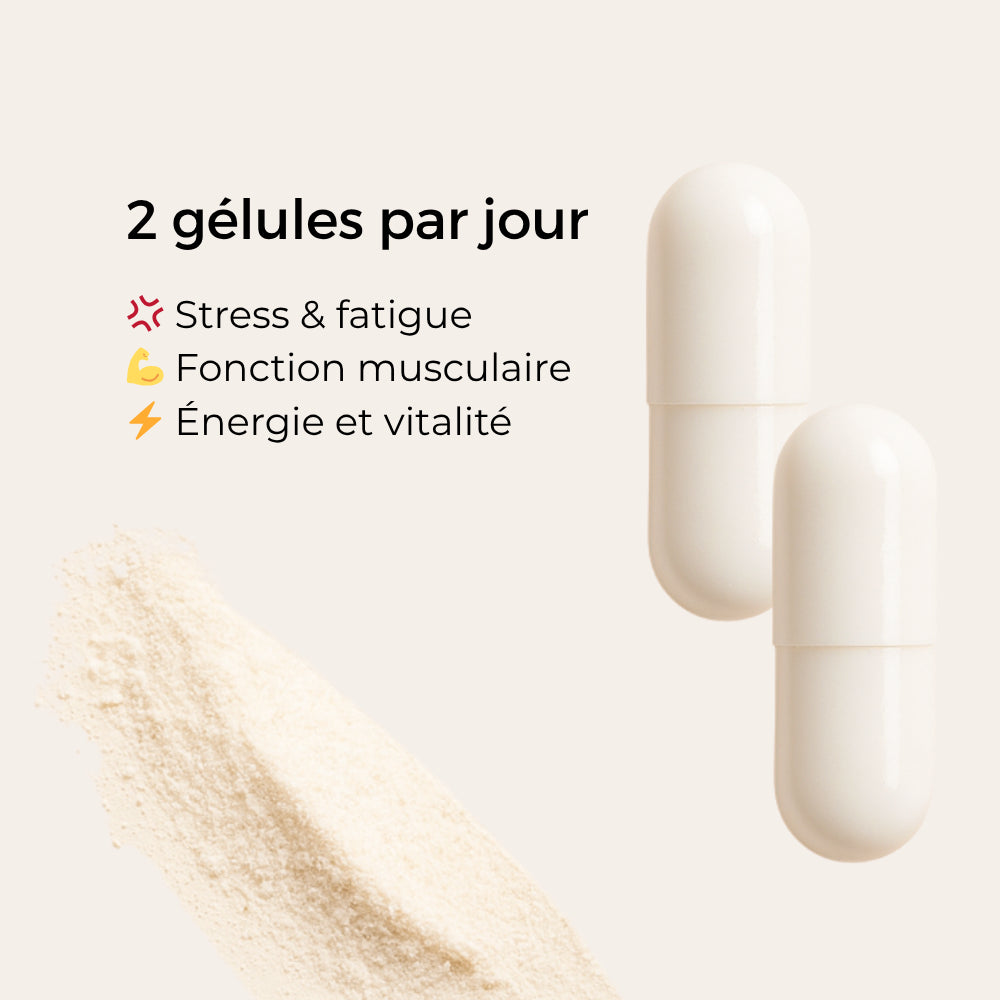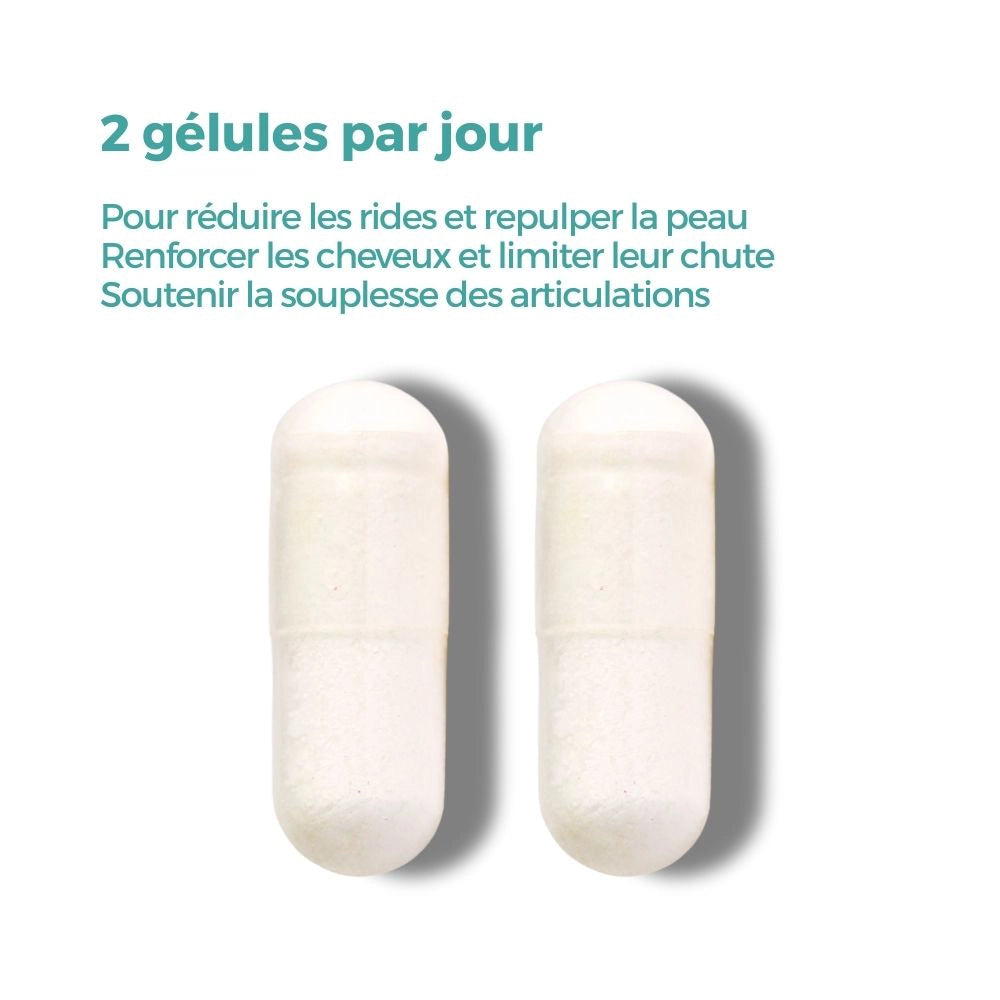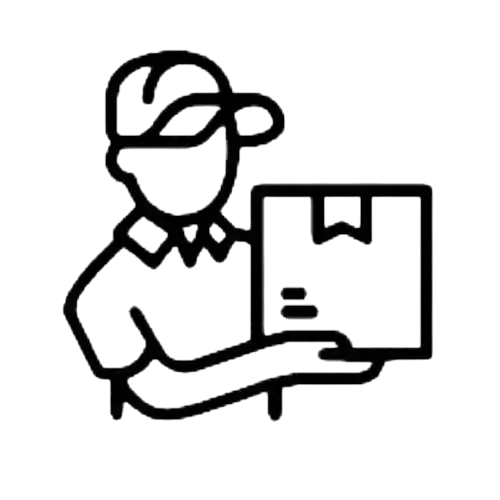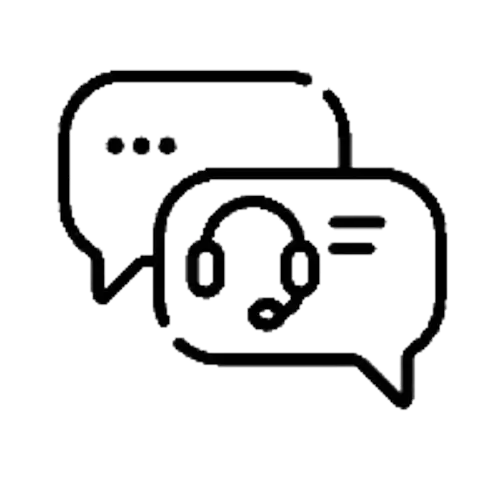
What are the links between stress and hair loss?
Stress is a natural bodily reaction to physical or emotional stress. While it is fundamentally an essential defense mechanism for our survival, it can become harmful when prolonged. Too intense or recurring, it exhausts the body, disrupts hormones, and can lead to serious imbalances: chronic stress, insomnia, burnout, or even depression.
During a stressful episode, the body releases adrenaline and cortisol. Adrenaline provides a temporary feeling of energy and focus, while cortisol, when produced in excess, disrupts many systems—including hair growth. At the scalp level, this hormonal imbalance slows growth, weakens the hair fiber, and can accelerate hair loss.

Links between stress and hair loss
Hair, a reflection of our well-being
Whether straight, wavy, curly, or frizzy, hair plays a vital role in our appearance and self-confidence. A true indicator of health, it reflects our physical and psychological balance. When it becomes dull, brittle, or falls out excessively, it's often a sign that our body is sending out warning signals.
Multiple causes of hair loss
Losing between 50 and 100 hairs a day is normal. Beyond that, significant hair loss may indicate an imbalance: hormonal changes (pregnancy, menopause), fatigue, nutritional deficiencies, seasonal changes, or chronic stress. Intense emotional shocks are also among the most frequent causes of hair loss.
The role of stress on hair health
In stressful situations, the brain activates the pituitary gland, which signals the adrenal glands to release adrenaline, cortisol, and androgens. These hormones constrict the blood vessels in the scalp, reducing microcirculation and the supply of essential nutrients to the hair follicle. As a result, hair becomes thinner, more fragile, and falls out more easily.
In some people, particularly those sensitive to androgens, stress inhibits natural hair regrowth. Furthermore, stressed hair loses some of its keratin , a protein essential for its strength and elasticity. It then becomes brittle and dull.
Other consequences of stress on hair
Intense stress can also cause alopecia areata (or patchy alopecia), an inflammatory condition that leads to localized hair loss. Medical treatments, such as cortisone, can help, but it remains essential to address the underlying cause of stress to prevent relapses.
Here are some tips to limit stress-related hair loss and maintain strong, shiny hair.
Tips to slow down stress-related hair loss
1️⃣ Adopt a balanced diet
A diet rich in vitamins, minerals, and essential fatty acids contributes to healthy hair and reduces oxidative stress. Focus on fruits, vegetables, oily fish, eggs, and nuts, and drink plenty of water to nourish your hair from within.
2️⃣ Support your body with appropriate food supplements
Certain natural formulas can help strengthen hair fibers and limit stress-related hair loss. At Délicure, Hair & Nail Capsules offer a complete and natural solution to stimulate growth, reduce hair loss, and strengthen nails. Their formula combines nettle, horsetail, and bamboo—three plants rich in silica, known for their fortifying action on keratin and hair structure. Made in France, 100% plant-based, and sugar-free, these capsules work deep down to restore shine, strength, and vitality to hair.
👉 These Délicure hair and nail capsules can be combined with a course of Safran B6 anti-stress gummies to work on both hair beauty and inner peace. By reducing stress, you naturally improve hair quality and density.
3️⃣ Pamper your scalp
A gentle scalp massage stimulates microcirculation, promotes hair growth, and relieves accumulated tension. It can be done in the shower or before bed for a dual relaxing and stimulating effect. Vegetable oils such as castor, amla, or mustard, and essential oils like rosemary or ylang-ylang, are excellent for nourishing the roots.
4️⃣ Engage in physical or relaxing activity
Sport, yoga, breathing exercises or meditation help to release pressure, release endorphins and restore an emotional balance that is conducive to hair regrowth.
5️⃣ Get enough sleep
A good night's sleep is essential for cell regeneration and scalp health. For those experiencing sleep problems, Délicure sleep gummies, formulated with melatonin, passionflower, linden, and poppy , promote rapid and natural sleep onset while reducing nighttime awakenings.
In case of prolonged stress impacting health or quality of life, do not hesitate to consult a healthcare professional for appropriate support.








